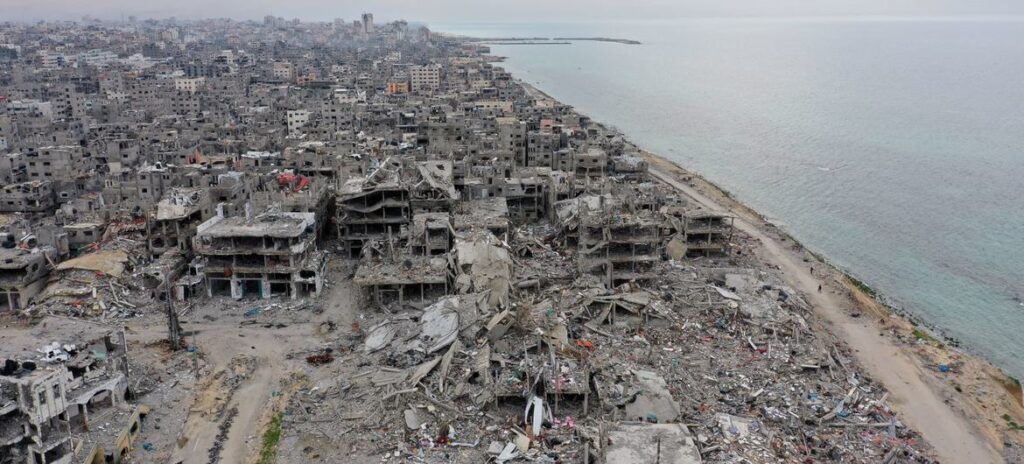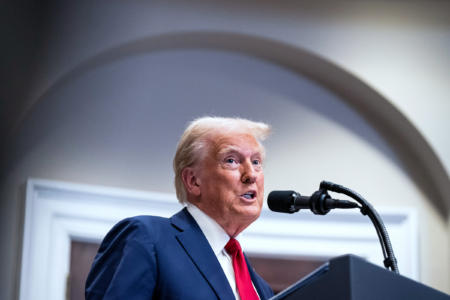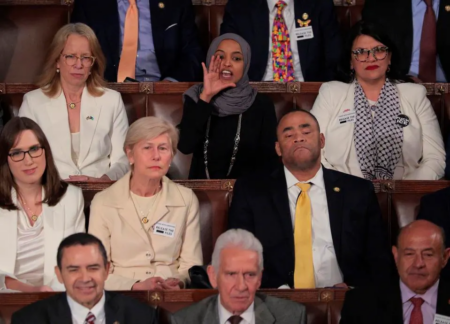Gaza humanitarian disaster dominated discussions at the United Nations on Tuesday, with the Security Council and the General Assembly sounding alarms over the worsening civilian toll and rising regional instability.
UN Secretary-General António Guterres described the situation as “one of the darkest chapters of the Israeli-Palestinian conflict,” briefing ministers on the grave humanitarian and political dimensions of the war.
How Did Gaza Humanitarian Disaster Started?
Nearly two years after Hamas and other Palestinian armed groups launched deadly attacks in southern Israel—killing more than 1,200 civilians and taking over 250 hostages—the conflict’s repercussions continue to devastate Gaza.
According to UN figures, more than 60,000 Gazans have been killed, tens of thousands injured, and nearly 1.9 million people—about 90 percent of the population—displaced multiple times.
Homes, schools, hospitals, and critical infrastructure have been destroyed, while violence threatens to spill across the region.
Read also: Costs of Israel War on Gaza Exceed USD50 Billion
Jordan Calls for Responsibility
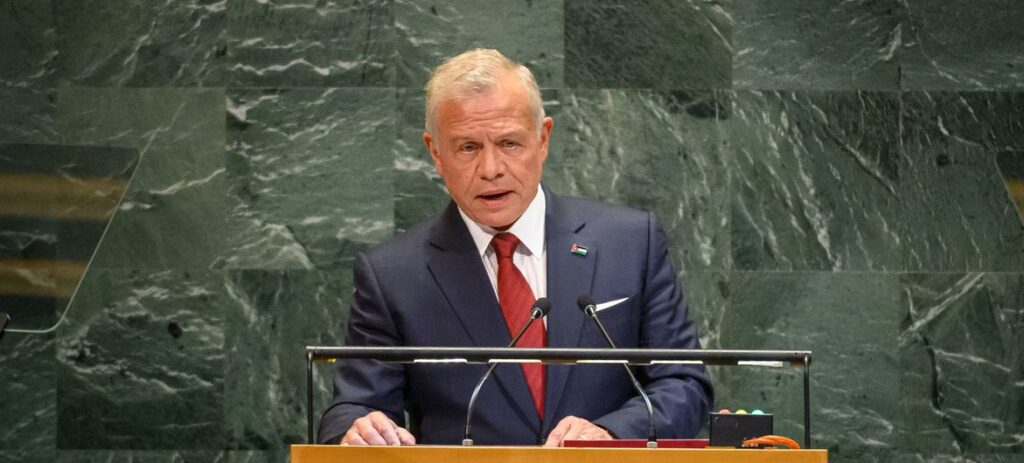
King Abdullah II of Jordan also pressed world leaders to move beyond repeated condemnations, calling the war “one of the darkest moments in this institution’s history.”
He emphasized that Palestinians are once again “denied rights, dignity and their basic humanity” and demanded a permanent ceasefire, the release of hostages, and stronger humanitarian support.
Qatar Warns of Regional Consequences
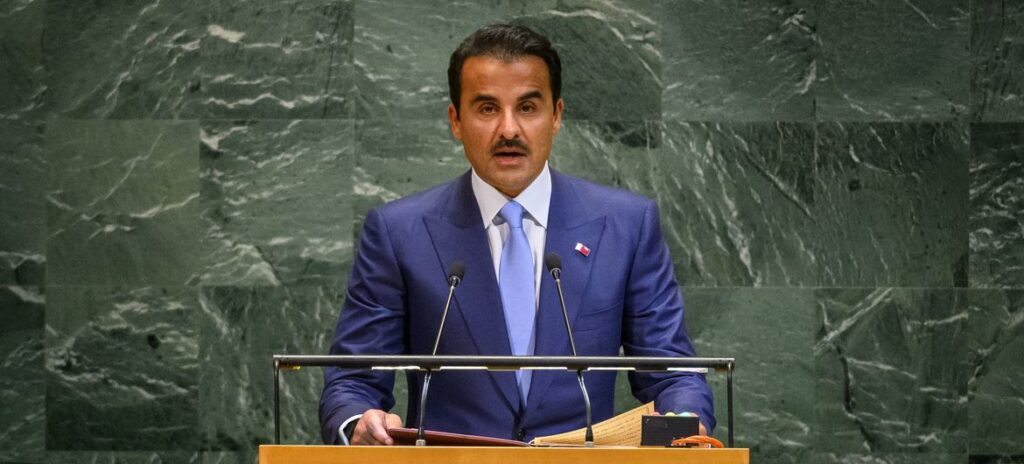
Addressing the General Assembly, Sheikh Tamim bin Hamad Al Thani, Amir of Qatar, condemned a recent Israeli strike in Doha that targeted a Hamas negotiating delegation.
Calling the attack a violation of Qatar’s sovereignty and “an act of state terrorism,” he warned that such actions undermine mediation efforts to end what he called “genocide against the people of Gaza.”
The Qatari leader underscored the importance of coordinated diplomacy with Egypt and the United States to secure hostages’ release, ensure humanitarian access, and achieve a permanent ceasefire.
He urged the international community to uphold UN legitimacy and collective security.
Lebanon Pushes for a Political Track
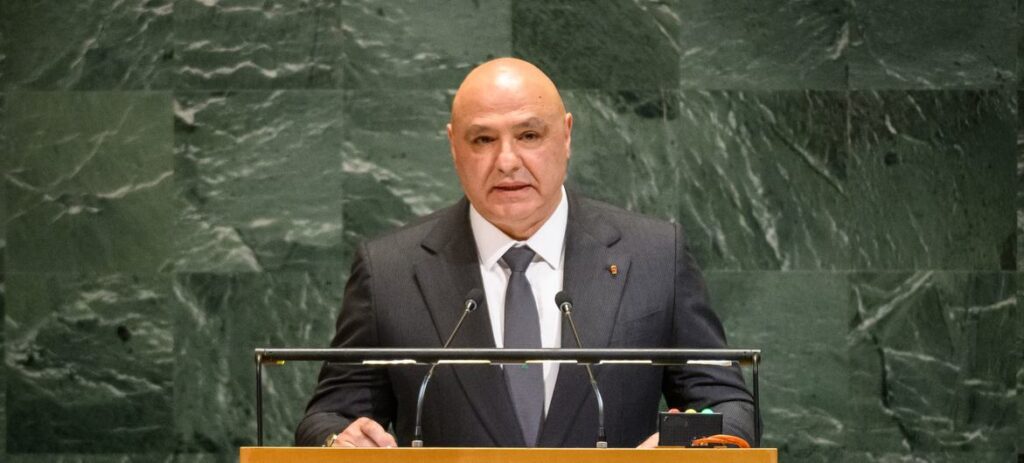
Lebanese President Joseph Aoun said the Gaza crisis cannot be viewed in isolation, urging the revival of a “new political track” based on international law and a two-State solution.
He noted that 142 states have endorsed the New York Declaration on the peaceful settlement of the Palestinian question.
Guterres: ‘We Cannot Let This Fragile Moment Slip Away’
Back at the Security Council, Guterres pointed to “a glimmer of hope” with the resumption of high-level talks on a two-State solution and growing recognition of Palestinian statehood by countries including France and the UK.
He stressed that only collective diplomacy and a renewed commitment to international law can secure a just and lasting peace.




